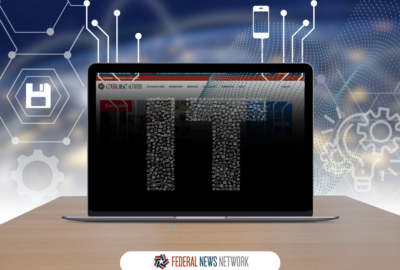Sprint accused of billing for unwanted services
By MARCY GORDON AP Business Writer WASHINGTON (AP) — Federal regulators are accusing Sprint Corp. of illegally billing its wireless customers hundreds of...
By MARCY GORDON
AP Business Writer
WASHINGTON (AP) — Federal regulators are accusing Sprint Corp. of illegally billing its wireless customers hundreds of millions of dollars in charges for text message alerts and other services that they didn’t order.
The Consumer Financial Protection Bureau said Wednesday that it has sued the third-largest U.S. cellphone carrier over billing for unauthorized charges, a practice known as “cramming.” The agency said Sprint failed to oversee third-party companies, allowing illegal charges to be put on customers’ bills. Over a decade, consumers were charged for items like cellphone ringtones or horoscope text messages they didn’t want and didn’t sign up for, the regulators said.
Because Sprint profited from the billing system, receiving up to 40 percent of the revenue from the charges, “there was little incentive for (Sprint) to put a stop to them,” CFPB Director Richard Cordray told reporters in a conference call.
Sprint, based in Overland Park, Kansas, disputed the government’s allegations, saying in a statement that “We strongly disagree with (the CFPB’s) characterization of our business practices” and invited customers to contact the company if they thought they had been charged improperly.
The bureau said the unauthorized charges ranged from one-time fees of 99 cents to $4.99, to monthly subscriptions costing $9.99 a month. It said some third-party merchants tricked consumers into providing their cellphone numbers to get “free” digital content, and then charged them for it. Many consumers didn’t know that third parties could put charges on their phone bills.
In its lawsuit filed in federal court in New York’s Manhattan, the CFPB is seeking an unspecified money penalty against Sprint.
The Wall Street Journal reported that the Federal Communications Commission is expected to fine Sprint a record $105 million for the alleged violations.
FCC spokesmen declined to comment on that Wednesday. But the agency said in a statement that it is pursuing actions with the CFPB “to protect consumers from unauthorized fees on their wireless bills.”
Sprint said in its statement that it took “considerable steps to protect wireless customers from unauthorized third-party billing and is an industry leader in proactively preventing unauthorized charges. … We consistently have encouraged any customers who think they may have incurred an unauthorized third-party charge on their phone bill to contact Sprint to resolve the issue.”
Federal regulators have been targeting cellphone cramming in recent years. The Federal Trade Commission has pursued seven cases since 2013. In October, the FTC won a $105 million settlement from AT&T Mobility, a subsidiary of telecom giant AT&T. The settlement included $80 million in refunds to customers.
Copyright 2014 The Associated Press. All rights reserved. This material may not be published, broadcast, rewritten or redistributed.
Copyright © 2025 The Associated Press. All rights reserved. This website is not intended for users located within the European Economic Area.






